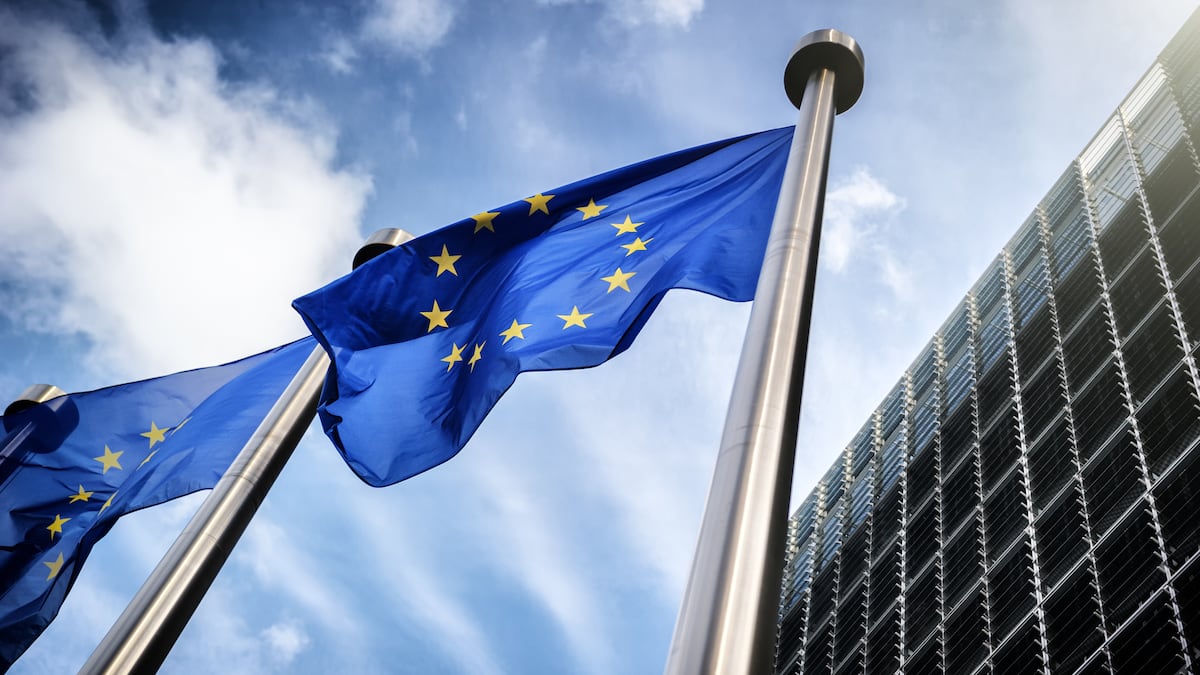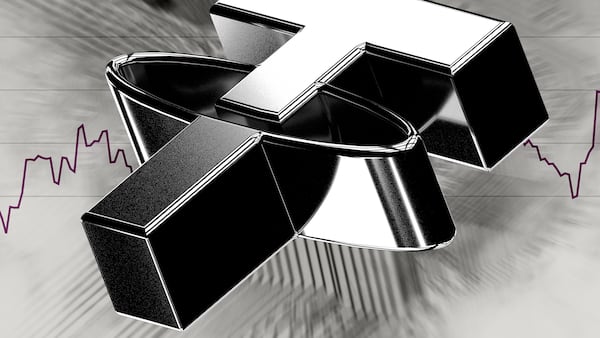- The European Banking Authority released a proposed set of new anti-money laundering requirements.
- Privacy-enhancing tools, decentralised applications and self-hosted addresses are deemed as risk indicators.
- DeFi and CeFi platforms alike in crosshairs of new guidelines to be considered this summer.
In a sign of policymakers’ mounting concerns about the risks of digital assets, the European Union’s banks supervisor is preparing to crank up its anti-money laundering requirements for crypto ventures.
And the list of potential changes is a long one.
On Wednesday, the European Banking Authority revised its AML guidelines to include crypto service providers as part of a consultation process. Industry participants and market experts may review and provide input on the proposed rule changes until the end of August.
Red flags
Among the red flags under review, the EBA notes that transfers to and from decentralised applications — those “not controlled or influenced by a legal or natural person” — are a contributor to risk in crypto transactions.
The EBA’s stance could result in more thorough customer due diligence processes and more rigorous reporting to national authorities, among other potential measures.
NOW READ: Swarm Markets bets on tokenised Apple and Tesla shares — but will investors bite?
The banking authority is becoming a stronger force in shaping the European crypto industry in the months to come. It is expected to draft the implementation rules for the comprehensive Markets in Crypto-Assets (MiCA) framework and prepare for its new watchdog role over the sector.
The EBA’s guidelines arrived a day before the US Commodity and Futures Trading Commission proposed sweeping crypto into its risk-management programme, a move that would require firms to issue a product warning with its offerings to customers.
Risky privacy tools
The EBA also designated peer-to-peer cryptocurrency exchanges, such as Uniswap and centralised ventures like Binance’s and OKX’s P2P platforms, as a “risky” endeavour.
Self-hosted addresses, which have long drawn scrutiny from EU lawmakers, were also flagged as activities vulnerable to money laundering. These are non-custodial addresses, where the user has full ownership of the keys and funds.
NOW READ: Snitches get riches: Hop Protocol mulls over airdrop farming tipoff reward
The EBA also targeted privacy enhancing tools that include cryptocurrencies like Monero and Zcash, which are designed to bestow users with untraceability, in exchange for fiat or using crypto tumblers which erase transaction history.
While many new rules will be coming into place for the EU’s crypto industry, the bigger players already abide by these guidelines. That’s because they are already operating under the EU’s many licences required to provide financial services.
Mark Foster, EU policy lead at the Crypto Council for Innovation, said there is a presumption that all crypto is unregulated.
“That’s not true, since a lot of the AML rules already apply and are implemented by bigger players,” he told DL News, referring to crypto companies already licensed under the EU’s many regimes.
Stricter requirements for anti-money laundering may therefore fall more heavily on smaller players in the crypto sector.
Stricter requirements for anti-money laundering may therefore fall more heavily on smaller players in the crypto sector, which will have to increase resources for compliance regimes.
The new guidelines respond to a mandate from the recently passed Transfer of Funds Regulation, an anti-money laundering law designed to come into force alongside MiCA.
The EU will further be bolstering its anti-money laundering rules for crypto in the coming years as a broader legislative package is currently in its final stretch of negotiations.
Have a tip or comment on the EU’s crypto regulatory regime? Contact the author at inbar@dlnews.com.



